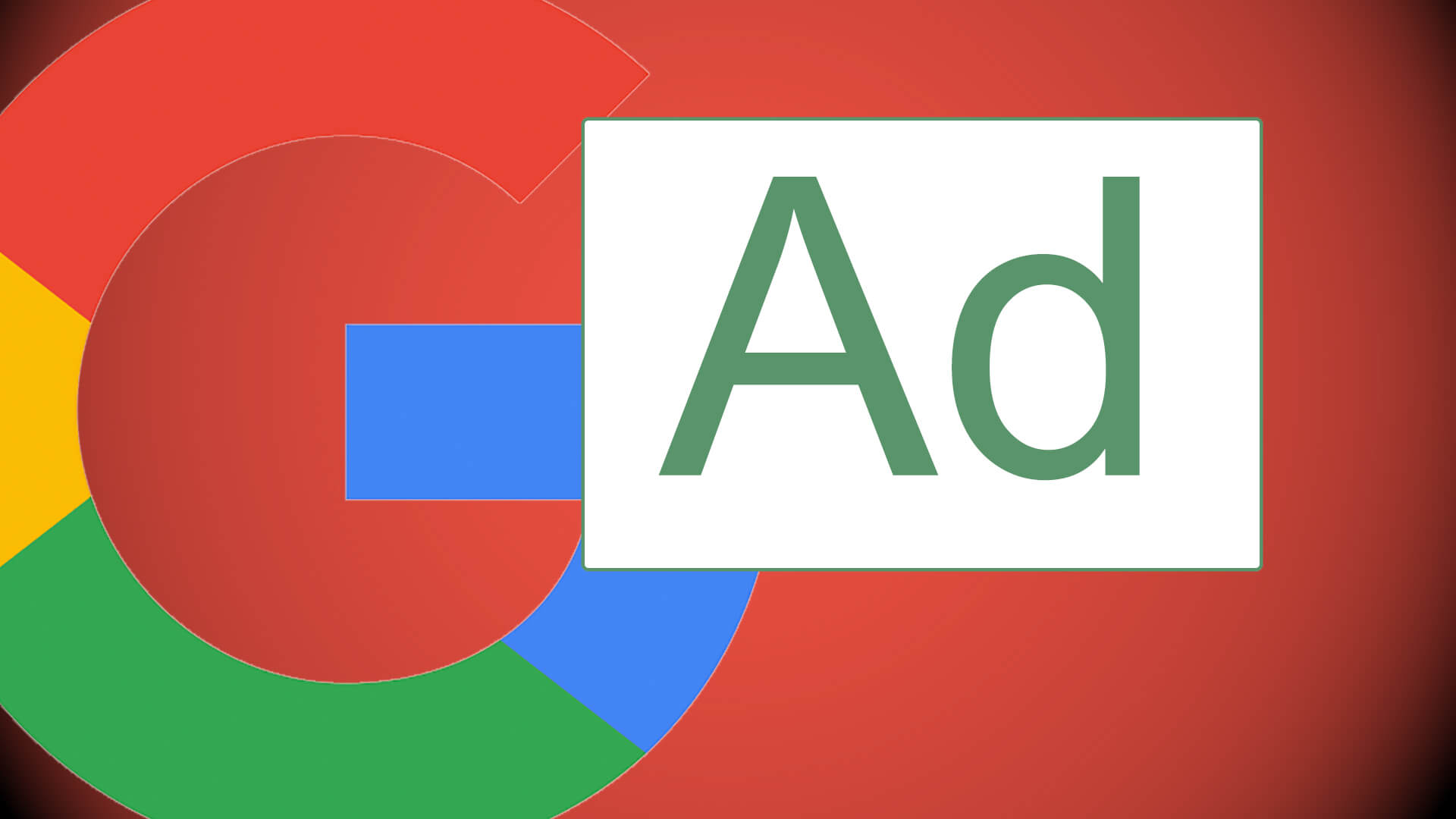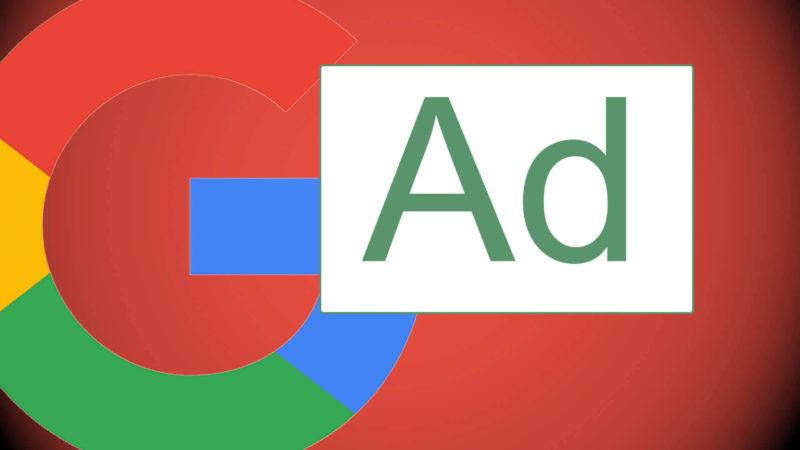Google’s latest (though probably not final) dismantling of exact match should be fully rolled out now — Google had said it would be completed by the end of October. The change was a regular topic of discussion throughout our SMX East conference in New York, last month. Now that everyone is starting to see the effects, we followed up with several speakers to hear what they’ve seen and if they are rethinking their new campaign builds or existing management workflows.
Bottom line: not everyone sees eye-to-eye on the fallout or next steps, but all agree it’s a sign of dramatic change and cause for giving campaign structure, set up and management fresh looks.
Here’s what we’re hearing about Google’s move to include words or terms deemed by machine learning-powered systems to have the same meaning, or intent as close variants of exact match keywords.
Impact so far?
The perspectives run the gamut.
From the optimistic end of the spectrum: “The change is doing what it’s supposed to do,” said Aaron Levy, director of paid search at digital performance agency Elite SEM. “We’re seeing a wider array of close variants for otherwise pure exact match terms, and 99 percent of them are, indeed, relevant.”
Further, the changes “reflect a bigger theme of where search is going,” said Levy, becoming more like programmatic where numerous signals are processed in real-time. “Performance-wise, yes the change is moving things around, yes it’s annoying, but yes, it is performing better.”
To the “meh” middle: Justin Fried, executive vice president and managing director at pharmaceutical and healthcare agencies CMI/Compas, says they aren’t seeing major performance fluctuations at a macro level, but are seeing changes at the keyword level. “Keywords with more history, higher volume of clicks and ultimately quality score, have begun to receive more impressions,” said Fried. For example, in one ad group, they are now seeing the exact match of “flu treatment” triggering ads more often than the exact match of “treatment for the flu.” Overall performance from cases like these hasn’t changed much, but CPCs have gone up in some, said Fried.
In cases where keyword word order isn’t as crucial, Michell Morgan, director of client services at digital agency Clix Marketing says they are seeing more queries come through, but not to the extent that performance has been affected positively or negatively. “Most additional queries we were already picking up through broad match modifier or phrase match keywords anyway, so performance is relatively stable.”
To the pessimistic end: “I can’t count the number of absolutely terrible matches we’ve seen,” said Brad Geddes, founder of ad testing platform Adalysis and consultancy Certified Knowledge.
As an example, Geddes said that the exact match [forms of trademarks] is now seen by Google as the same as [trademark forms]. “The intent of these two searches is totally different,” he said. “One is research and one is a PDF download. One might lead a lawyer to getting a client. The other is a waste of money for a lawyer. These types of examples are incredibly common.”
Julie Bacchini, founder of digital agency Neptune Moon, says that after years of managing Google Ads campaigns, “The sheer number of irrelevant queries has definitely increased since the matching got even fuzzier.”
When exact match was “true” and the exact query triggered the exact keyword, advertisers could use it as a tool to sculpt traffic to specifically tailored ad copy and structure budgets and bidding based on how those keywords performed. Now, it’s harder to direct how Google matches queries to keywords. In turn, many advertisers are spending more time culling search term reports and adding negatives.
While some accounts have seen little change, Morgan says other accounts in which word order can be the difference between great and irrelevant have had to receive a lot more attention. “In those accounts, we’ve had to spend a lot of extra time adding many more negative keywords to keep queries as relevant as possible. We’re seeing high ROAS single keyword phrases be matched to multi-word queries, completely changing the meaning and causing ROAS to waiver. In those accounts, it’s causing us to spend more time simply to maintain the performance we had seen before.”
Blind spots. While, Levy often sees Google’s matching often “wind up being more efficient, at least according to Google standards,” the problem, he said, comes when you want to optimize against performance data that isn’t visible to Google. “For example, if you know that a customer who buys on ‘exercise bike’ as a query is a better customer than a customer who comes in on ‘stationary bike,’ that can be a problem.”
When mapping goes wrong. Messaging, of course, is often a key reason for separating keywords into different ad groups, or even campaigns. In a follow up to the last time I asked Geddes what to expect from this change, he laid out the following scenario of what is now happening:
The exact match keyword [van rental Chicago] is in one ad group. In another ad group is the exact match of [van hire Chicago]. The ad copy in each ad group is tailored to include “rental” and “hire,” respectively. Even though the keywords might technically mean the same thing, Geddes said, “the user interaction is vastly different when the ad group that is triggered doesn’t contain the same hire vs rental word that the user typed into the engine.”
When a searcher types “van hire Chicago Illinois,” with the state added, that query isn’t an exact match of either keyword, but the advertiser’s preference would be to show the ad from the “hire” ad group. “However,” Geddes said, “Google will often display the ad with ‘rental’ in it instead.” The problem is “there’s a massive conversion difference if the correct hire vs. rental word is displayed in the ad.”
Geddes said he has seen a few examples of Google just making an entirely wrong match when both keywords are in an account, but that “the example above is much more common.”
Changes in campaign structure and management workflows
If you’re experiencing the scenario above, it may be time to “totally restructure the account,” said Geddes, because of negative keyword limits at the ad group level. “Or you just move to phrase match and abandon exact match completely.”
Negatives and phrase match were consistent themes.
Bacchini said had relied primarily on exact match and broad match modiefier before this change. Now, she is prioritizing phrase match more, “as it seems to be the most respected matching type left.” And, she is “absolutely spending more time per account adding negative terms.”
That was echoed by Morgan, who said they aren’t rethinking management and new workflows at this stage, but have heightened attention on campaigns that have had strong exact match performance. “We regularly review search queries for new keywords and negatives, but this change is simply causing us to see an influx of phrases needed to be added as negatives.” At Clix, Morgan says, match types already get grouped together in the same ad group or campaign. They believe “this change will only further the need for this type of strategy. Negative keyword mapping will take longer … and will be harder to maintain than it was in the past.”
Bacchini is still working through how she’ll approach to setting up new campaigns. “I am not totally decided on how tight I want to make my approach yet, as having broader terms in the beginning brings in really valuable data. I have changed the way I talk about expectations for the first period of time though to allow for the influx of junkier traffic.”
Geddes points out that while the need for negative keywords has risen dramatically, but the limits have not changed. He said they’re thinking about organizational structure now as revolving around “how to mitigate the number of negatives we can use and how to use negative lists in new and creative ways.”
As a result, said Geddes, some people are splitting a campaign into three or four different campaigns. That, in turn, causes implications for bid automation if those campaigns don’t generate enough conversions to use automated bidding. “They are moving towards other bid methods,” said Geddes. “This was an unexpected effect …. This change just adds another layer of options when thinking about how to structure an account.”
With an eye toward letting go of the reigns, Levy said, “We’re starting to realize that often, the AI is better at picking out which term or variation should show,” Levy said. As a result, he said, Elite SEM is “looking at organizing our campaign structures and workflow into more stringent performance based and context-based pooling” as opposed to the common approach of basing them on site hierarchy or ad messaging.
“We’re having more success giving the engines more freedom to move within a keyword or messaging category, rather than humans trying to be laser focused,” said Levy. “It feels weird, but seems like it’s doing the right thing.”
Automation full speed ahead
The new exact match as well as Google’s responsive search ads are key examples of search’s dramatic shift to AI- or machine learning-powered automation. We are entering an entirely new stage in which advertisers will be forced to rethink everything from core campaign structure to keywords to ads to bidding strategies.
We’ll be continuing these conversations with sessions devoted specifically to these changes and their effects at SMX West in San Jose at the end of January. See the full agenda here.
Contributing authors are invited to create content for Search Engine Land and are chosen for their expertise and contribution to the search community. Our contributors work under the oversight of the editorial staff and contributions are checked for quality and relevance to our readers. The opinions they express are their own.




